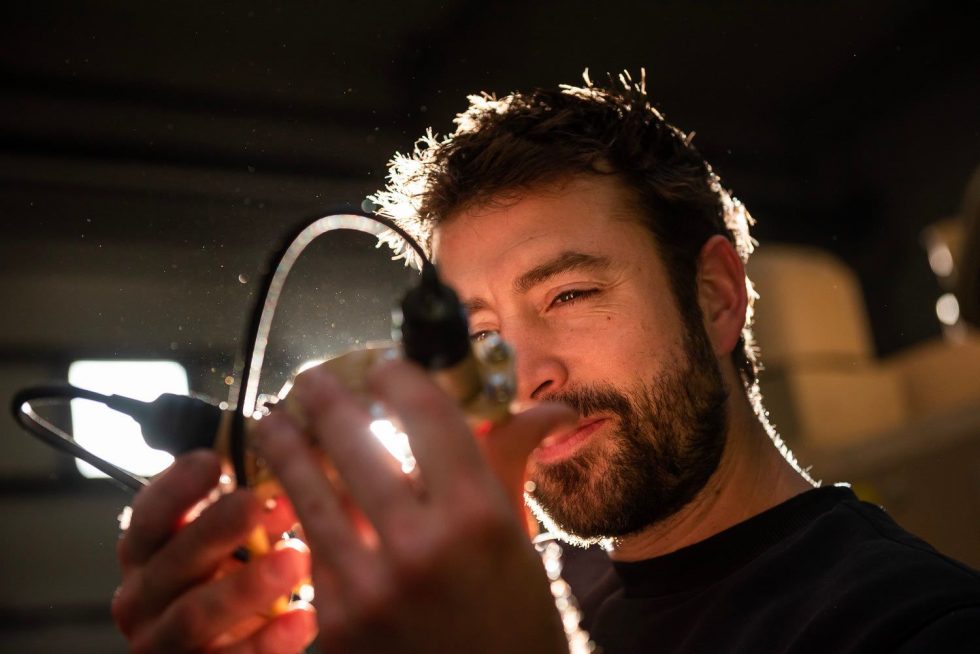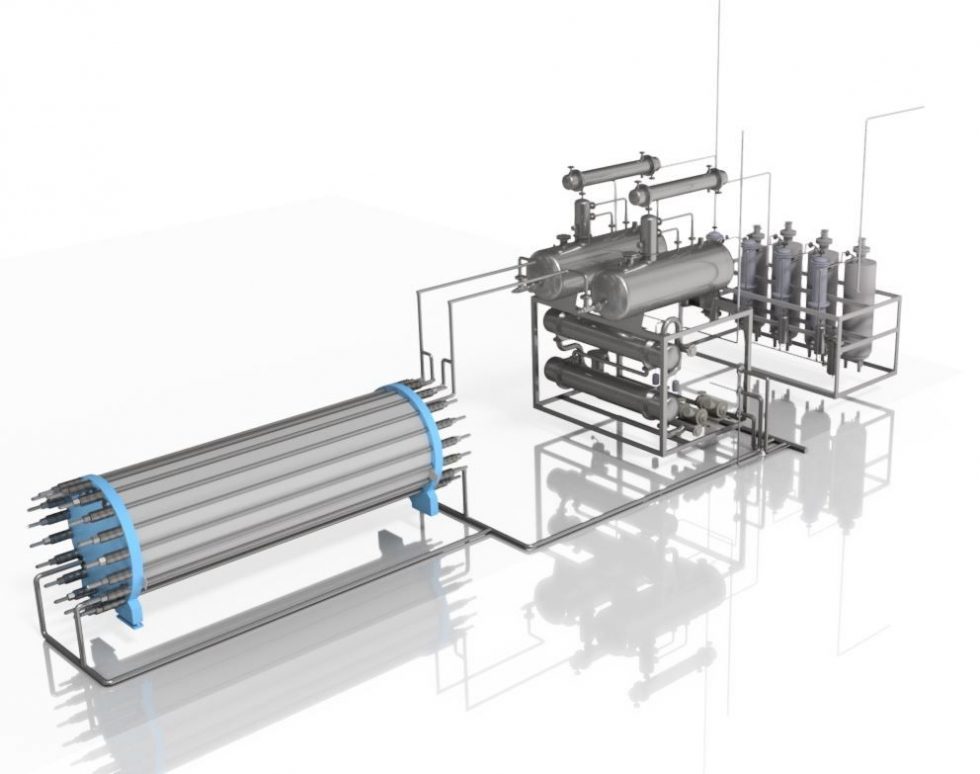The technical know-how of John Cockerill in the field of alkaline electrolysers is based on decades of experience and more than 1,000 references. However, this mature technology still has room for improvement. Our ambitious R&D program aims to concretise this tremendous potential with the will to maintain and reinforce John Cockerill’s technical leadership of this technology.
For alkaline electrolysers, our R&D objectives are focused on reducing the capital and operating costs (CAPEX & OPEX) of our installations. The main areas of research are in line with the roadmap dictated by the Clean H2 Alliance:
- Optimization of the yield and efficiency of electrolyser installations for higher and higher powers (20, 100 MW…)
- Reduction of the specific electrical consumption of electrolysers (kWh / Nm³)
- Adaptation of electrolysers to renewable energy sources
- Increase of the current density
All of these advances are tested and validated in our test center located at John Cockerill headquarters. Testing of the PiFast project, to manufacture an industrial-scale European hydrolyser, is currently underway.
In parallel with these R&D topics, John Cockerill is also completing its product range by working on the certification of its products – in particular CE and ASME – and on modular solutions compatible with the needs of the mobility sector.
In the continuity of its historical activity in hydrogen, John Cockerill is always willing to provide solutions to meet the needs of its time and needs of its customers and wants to stay at the forefront of electrolysis technology. We are constantly creating partnerships with universities, research centres and industrial partners dedicated to alternative technologies for alkaline water electrolysis.



